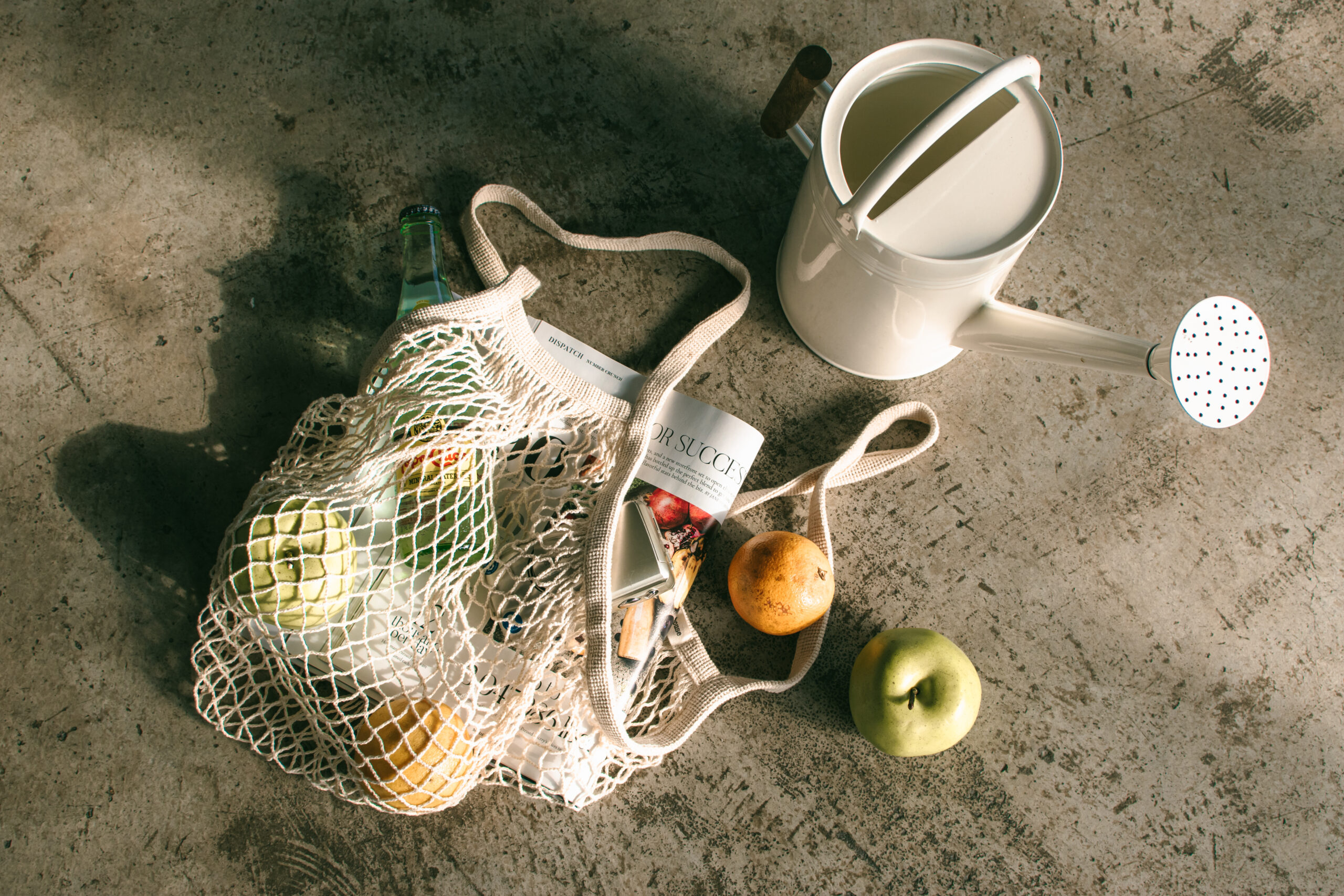The Truth About Weight Loss: Why Your Health Is Worth More Than Numbers (And What Actually Matters)
Are you tired of the weight loss hamster wheel? Let’s have an honest conversation about why obsessing over the scale might be holding you back from true health – and what you should focus on instead.
The Weight Loss Trap: What No One’s Telling You
Here’s the truth that the $72 billion diet industry doesn’t want you to hear: Weight loss isn’t the holy grail of health. As a nutrition scientist and researcher, I’ve seen firsthand how this fixation on numbers is actually preventing women from achieving their true health goals.
The Shocking History of BMI and Weight Standards
Did you know that the BMI (Body Mass Index) – that sacred number your doctor probably uses – was created over 200 years ago by someone who wasn’t even a health professional? Even more concerning:
- It was based solely on white European measurements
- The creator had no medical or nutritional expertise
- The standards we use today came from insurance company data, not health research
- The original data excluded many populations and was self-reported (hello, bias!)
Beyond the Scale: What Actually Defines Health?
As a nutrition scientist working towards my PhD, I’m here to tell you: your health deserves better metrics than a number on the scale. Let’s talk about what really matters.
10 Evidence-Based Health Markers That Actually Matter
- Daily Energy Levels – Can you chase after your kids without getting winded?
- Digestive Health – Regular, easy bowel movements (yes, we’re talking about poop!)
- Sleep Quality – How well do you rest at night?
- Mood Stability – Your emotional wellbeing matters
- Cardiovascular Health – Blood pressure and heart rate
- Hormonal Balance – Regular menstrual cycles
- Skin Health – Your body’s largest organ tells a story
- Physical Function – Can you perform daily tasks with ease?
- Libido – A healthy sex drive matters
- Stress Management – How well does your body handle life’s challenges?
Your Body’s Blueprint: Understanding Your Natural Set Point
Think about this: you don’t try to change your height or shoe size, so why are we obsessed with changing our natural weight set point? Every body has its own perfect blueprint, just like your DNA determines your eye color and hair texture.
Breaking Free: From Weight Loss Goals to Health Wins
Instead of saying “I want to lose 40 pounds,” try reframing your goals:
- “I want to feel energized throughout my day”
- “I want to feel strong and capable in my body”
- “I want to model healthy behaviors for my children”
Take Action: Your Path to Real Health
Ready to break free from the weight-loss obsession? Here’s how to start:
- Ditch the Scale – Focus on how you feel, not what you weigh
- Track Energy – Monitor your daily vitality
- Listen to Your Body – Learn your hunger and fullness cues
- Move Joyfully – Exercise because it feels good, not as punishment
- Nourish, Don’t Restrict – Eat foods that fuel your goals
Your Next Steps
You’re ready to revolutionize your relationship with health. Here’s what to do next:
- Download my free guide: “Beyond the Scale: Your 7-Day Reset to Real Health“
- Join our community of women breaking free from diet culture
- Book a consultation to create your personalized health roadmap
Remember: You weren’t put on this earth to count calories. You’re here to make an impact, and that requires energy, not restriction.
About the Author: Hey I’m Brie Towne, MS, PhD student! As a mom of 4, former ballet dancer, and nutrition scientist, I’ve been where you are. My mission is to help women spend less time counting almonds and more time counting achievements. Because nobody ever changed the world while obsessing over their macros.
References:
Cullen, F., Wilcox, P., & DeLisi, M. (2012-11-23). Revisiting Lombroso. In The Oxford Handbook of Criminological Theory. : Oxford University Press. Retrieved 6 Jul. 2020, from https://www.oxfordhandbooks.com/view/10.1093/oxfordhb/9780199747238.001.0001/oxfordhb-9780199747238-e-1.
Garabed Eknoyan, Adolphe Quetelet (1796–1874)—the average man and indices of obesity, Nephrology Dialysis Transplantation, Volume 23, Issue 1, January 2008, Pages 47–51, https://doi.org/10.1093/ndt/gfm517
Karasau, Sylvia. (2016, Mar, 18). Psychology Today. Adolphe Quetelet and the Evolution of BMI. https://www.psychologytoday.com/us/blog/the-gravity-weight/201603/adolphe-quetelet-and-the-evolution-body-mass-index-bmi
Kubergovic, E. (2013, September 14). Quetelet, Adolphe. Retrieved July 6, 2020, from http://eugenicsarchive.ca/discover/connections/5233cb0f5c2ec5000000009c





Read the Comments +